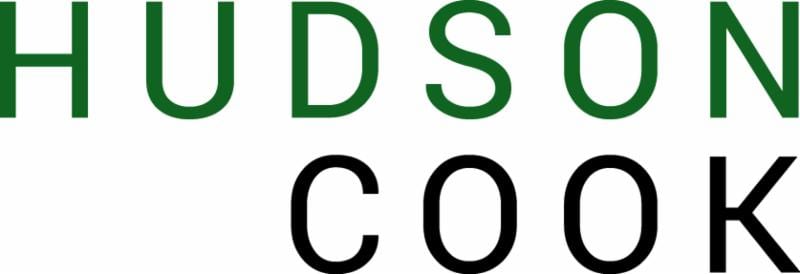By Eric D. Mulligan*
If you extend credit to consumers, you need to know what is and what isn’t a finance charge.
You also need to know how to disclose finance charges to your customers. Otherwise, you’ll likely face penalties under state and federal consumer credit laws.
A state financial regulator also needs to know what a finance charge is and how a creditor must disclose it. In a recent Indiana case involving a convenience fee, neither the creditor nor the regulator knew what it should have known, and each party paid for its mistake.

Webb Ford, Inc., an Indiana car dealer, charged a $25 convenience fee to each of its credit customers for electronic vehicle titling and registration. Webb Ford offered the electronic titling and registration service to its cash customers for the same fee but did not automatically charge cash customers for the service.
The Indiana Department of Financial Institutions discovered during a routine examination that Webb Ford did not disclose the fee properly in one sale. In that sale, Webb Ford disclosed the fee as part of the amount financed rather than as part of the finance charge. The DFI ordered Webb Ford to identify all contracts with improperly disclosed convenience fees and refund the fees to the affected customers. Webb Ford and the DFI tried to resolve the dispute informally but could not do so. The DFI accused Webb Ford of charging “impermissible additional charges” under the Indiana Uniform Consumer Credit Code and ordered it to make restitution. Webb Ford petitioned for review of the order. An administrative law judge upheld the order, as did a state trial court. Webb Ford next appealed to the Indiana Court of Appeals.
The appellate court reversed the DFI’s order. The appellate court found that the convenience fee was a finance charge, not an “impermissible additional charge.” As the appellate court explained, the IUCCC allows “additional charges” only with the DFI’s approval. The DFI argued that because Webb Ford did not disclose the convenience fee as a finance charge, the fee must be an “additional charge.” The appellate court disagreed.
The appellate court explained that, because Webb Ford required credit customers to use the electronic titling and registration service and pay the fee but allowed cash customers to choose whether to do so, the fee was “incident to the extension of credit” and therefore a finance charge. Furthermore, the IUCCC provides that an “additional charge” is “[i]n addition to” finance charges. The fact that Webb Ford improperly failed to disclose the fee as a finance charge did not change the fee’s nature. As a result, the convenience fee was not an “additional charge,” and while the DFI could penalize Webb Ford for failing to disclose the charge properly, it could not penalize Webb Ford for charging an “additional charge” without permission.
As the DFI noted, the penalty for charging an impermissible additional charge is the same as the penalty for failing to disclose a finance charge: The creditor must refund the additional charge or improperly disclosed finance charge. So why did Webb Ford bother to argue the point? Although the remedies were identical, other consequences were not. According to Webb Ford, a disclosure violation is subject to defenses under the federal Truth in Lending Act, as well as a shorter statute of limitations.
Both sides lost by not knowing the law well enough. If Webb Ford had realized that it must disclose the convenience fee as a finance charge, it would have avoided the case altogether. If the DFI had treated Webb Ford’s violation as a disclosure violation only rather than as an impermissible additional charge, it would have avoided the hassle of an appeal and further proceedings in court.
Webb Ford, Inc. v. Indiana Department of Financial Institutions, 2019 Ind. App. LEXIS 373 (Ind. App. August 19, 2019).
*Eric D. Mulligan is an associate in the Maryland office of Hudson Cook, LLP. He can be reached at 410.865.5402 or by email at emulligan@hudco.com.


